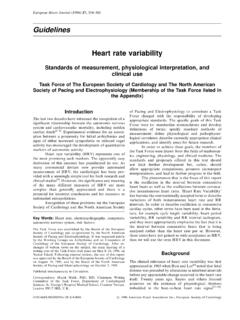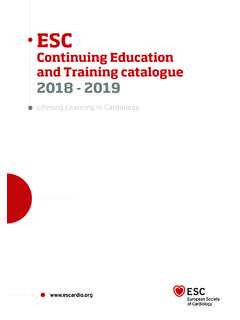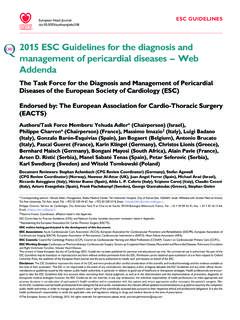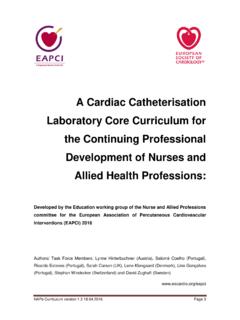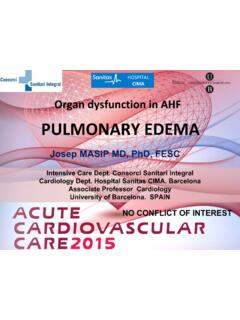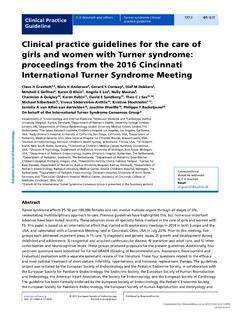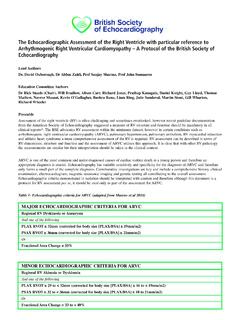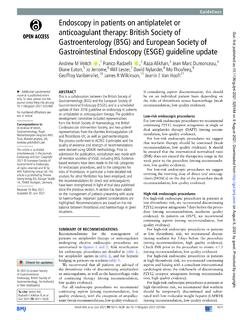Transcription of FAME 3 Trial - European Society of Cardiology
1 FAME 3 Trial : FFR-Guided PCI vs. CABG William F. Fearon, Associate Professor of Medicine Director, Interventional Cardiology Stanford University Medical Center Background: SYNTAX Trial One Year MACCE Results Serruys, et al. NEJM 2009;360:961-72. Background: At one year in the SYNTAX Trial : Cardiac death was higher in PCI arm vs. CABG ( vs. , p= ) MI was higher in PCI arm vs. CABG ( vs. , p= ) Stroke was higher in CABG arm vs. PCI ( vs. , p= ) Repeat revascularization was higher with PCI ( vs. , p< ) Serruys, et al. NEJM 2009;360:961-72. Background: SYNTAX Trial Three Year MACCE Results Kappetein, et al. Eur Heart J 2011;32:2125-34. Background: At three years in the SYNTAX Trial : Cardiac death was higher in PCI arm vs. CABG ( vs. , p= ) MI was higher in PCI arm vs.
2 CABG ( vs. , p= ) Stroke was higher in CABG arm vs. PCI ( vs. , p= ) Repeat revascularization was higher with PCI (21 vs. 11%, p< ) Kappetein, et al. Eur Heart J 2011;32:2125-34. Background: Why should we expect a different result with FAME 3? 2nd Generation DES outperform 1st Generation. Fractional Flow Reserve-guided PCI outperforms angiography-guided PCI. Background: Dangas, et al. JACC Intv 2013;6:914-22. 3 Year Benefit of 2nd Generation DES in SPIRIT meta-analysis Background: Dangas, et al. JACC Intv 2013;6:914-22. 3 Year Benefit of 2nd Generation DES in SPIRIT meta-analysis Ischemia-driven TLR reduced from to , p= Background: Randomized comparison of two 2nd generation DES (Resolute and Xience stents) Serruys, et al. NEJM 2010;363:136-46. Target Lesion Failure Background: Randomized comparison of 2nd generation Resolute and Xience stents in the TWENTE Trial Von Birgelen, et al.
3 JACC 2012;59:1350-61. Target Lesion Failure Background: Why should we expect a different result with FAME 3? 2nd Generation DES outperform 1st Generation. Fractional Flow Reserve-guided PCI outperforms angiography-guided PCI. Tonino, et al. New Engl J Med 2009;360:213-24. p= % ~40% ~35% ~30% ~35% ~30% FAME Study: One Year Outcomes 1,005 patients with MVD randomized to FFR or Angio-guided PCI 20 0 10 % SYNTAX Implications of FAME FAME 1 year MACE Rates Nam CW, et al. J Am Coll Cardiol 2011;58:1211-8 Functional SYNTAX Score Without FFR Reclassifies > 30% of Cases Nam CW, et al. J Am Coll Cardiol 2011;58:1211-8 Functional SYNTAX Score Without FFR With FFR Reclassifies > 30% of Cases P < Functional SYNTAX Score (FSS) Nam CW, et al. J Am Coll Cardiol 2011;58:1211-8 32% 20% 34% 59% FSS converts patients from higher to lower risk and better discriminates risk for death/MI 55 year old man with dyslipidemia, tobacco use and chest pain What should we do now?
4 Med Rx alone PCI Which vessels? CABG FFR L Cx = Resting Hyperemia (IV adenosine) FFR RCA = Resting Hyperemia (IV adenosine) Summary of Case Anatomic 3V CAD, functional 1V CAD Successfully treated with single stent <150 cc contrast, < 1 hour procedure Angina free at 1 month FAME 3: Fractional flow reserve (FFR)-guided percutaneous coronary intervention (PCI) using the 2nd generation Resolute DES in patients with multivessel coronary artery disease (CAD) will result in similar outcomes to coronary artery bypass graft surgery (CABG). Hypothesis FAME 3: The primary objective of the FAME 3 Trial is to demonstrate that FFR-guided PCI with the 2nd generation Resolute DES is non-inferior to CABG in patients with multivessel CAD. Objective FAME 3: Multicenter, worldwide, prospective, randomized Trial Non-inferiority design 1500 patients from 50 sites Plan for 2 years enrolment and up to 5 year follow-up Design All Comers with 3 V CAD (not involving LM) Heart team identifies lesions for PCI/CABG and then patient is randomized FFR-Guided PCI with Resolute DES Stent all lesions with FFR (n=750) Perform CABG based on coronary angiogram (n=750) Primary: One Year follow-up for Death, MI, CVA, Revascularization Key Secondary: Three Year follow-up for Death/MI/CVA Study Flow: Non-inferior Design FAME 3.
5 Age 21 years Three vessel CAD, defined as 50% diameter stenosis by visual estimation in each of the three major epicardial vessels, but not involving left main coronary artery, and amenable to revascularization by both PCI and CABG as determined by the Heart Team Willing and able to provide informed, written consent Inclusion Criteria FAME 3: Requirement for other cardiac or non-cardiac surgical procedure ( , valve replacement) Previous CABG Left main disease requiring revascularization Cardiogenic shock and/or need for mechanical/pharmacologic hemodynamic support Recent STEMI (<5 days) Ongoing Non STEMI with biomarkers ( , cardiac troponin) still rising Known left ventricular ejection fraction <30% Key Exclusion Criteria FAME 3: Primary Endpoint: One year rate of Death, MI, Stroke and Revascularization Key Secondary Endpoint: Three year rate of Death, MI and Stroke Major Endpoints FAME 3: MACCE rate at 1 and 6 months, 3 years and 5 years Stent thrombosis (ARC definition) and graft occlusion at each time point Bleeding complication Significant arrhythmia Development of acute renal failure Length of hospitalization Rehospitalization Quality of life and cost-effectiveness Utility of Functional SYNTAX Score Secondary Endpoints FAME 3 Investigator initiated Trial Coordinated by Stanford with support of a CRO Funded by research grants from Medtronic and St.
6 Jude Medical Independent DSMB and CEC Study Organization Conclusion: By incorporating FFR-guided PCI and utilizing the 2nd generation Resolute Integrity stent, FAME 3 aims to demonstrate that FFR-guided PCI is non-inferior to CABG in patients with 3-vessel coronary disease not involving the left main coronary artery.
